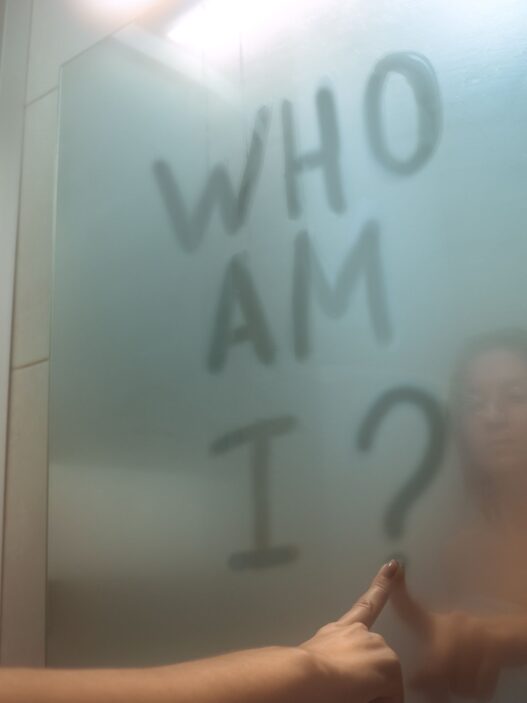Wellness should feel like a path to healing. Lately, it’s starting to feel more like a shopping cart.
Everywhere you look, wellness is being packaged, priced, and pushed.
There are powders for your energy, apps for your anxiety claiming they can replace therapist, water bottles that promise clarity, and retreats that cost more than your rent.
At first, it sounds like self-care. But somewhere along the way, it stops being about you and starts being about what you can be convinced to buy.
Wellness, at its best, is about doing less to feel more like yourself. But too often, it becomes a cycle of chasing, spending, and feeling not quite enough.
And I say that not just as a wellness advocate, but as someone who’s spent years inside the marketing world. As a former Chief Marketing Officer managing campaigns for brands like Marvel, Humana, Shake Shack, and more, I understand exactly how the system works.
It’s built to make you feel like you’re missing something.
It’s designed to turn your desire to feel better into a demand to consume more.
Wellness, at its best, is about doing less to feel more like yourself. But too often, it becomes a cycle of chasing, spending, and feeling not quite enough.
If you’ve ever wondered whether your wellness journey has been hijacked by marketing, here are a few signs to watch for and what to do about it.
1. You Feel Like You’re Never Doing Enough
There’s always a next thing! The superfood you’re not eating, the supplement you’re not taking, the practice you haven’t mastered. True wellness should leave you feeling grounded, not guilty.
2. Products Are Replacing Practices
Journaling doesn’t require a $45 notebook. Meditation doesn’t need a premium app subscription. When basic acts of care are sold back to you with a markup, it’s a red flag.
3. Wellness Has Become a Status Symbol
If your self-worth feels tied to how “clean” you eat, how early you wake up, or how optimized your habits are, it’s worth asking: Who am I doing this for? Real self-care is about feeling better, not performing better.
4. Everything Has a Price Tag
From detox teas to sleep supplements to “biohacking” gadgets, it can start to feel like health is something you can only afford if you’re already thriving. True wellness should be accessible not reserved for those with disposable income.
5. You’re Exhausted by Your Self-Care Routine
If you feel like you’re working harder at taking care of yourself than you ever did at your actual job, it’s time to pause. Self-care should nourish you, not drain you.
How to Reclaim Wellness for Yourself
Simplify
Start with free, foundational things that actually matter: movement, rest, real food, human connection.
Be Critical of Claims
If a product promises to “transform your life” but can’t explain how, step back. Your health deserves better than hype.
Redefine Self-Care
Self-care isn’t a shopping spree. It’s setting boundaries, saying no, breathing deeply, and trusting that you don’t need constant upgrades to be well.
Check In, Not Out
Instead of chasing the next fix, check in with yourself. What do you actually need today? What would feel kind, not just productive?
The wellness industry can offer tools. But you are not a project that needs fixing.
You are already worthy of care, attention, and kindness with or without the trending products of the week.
Wellness is not something you buy your way into. It’s something you allow yourself to experience quietly, freely, and on your own terms.























